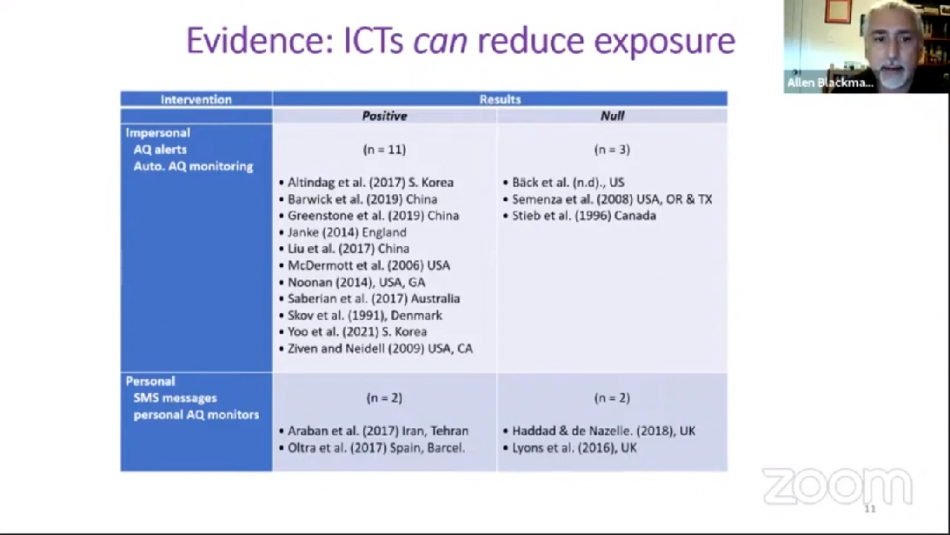LAERE y REES organizan conjuntamente seminarios para incrementar su visibilidad y promover la investigación

Desde el año 2021 REES-EfD coorganiza la serie de seminarios LAERE-EfD con la Asociación Latinoamericana de Economistas Ambientales (LAERE http://www.laere.org/ ) con el propósito de promover la investigación y el análisis de políticas ambientales en América Latina, servir de punto de encuentro de economistas ambientales de la región, y aumentar la visibilidad de las redes LAERE y EfD. Algunos seminarios serán coorganizados con programas colaborativos, como por ejemplo, Women in Enviromental Economics for Development (WinEED) el cual hace parte de la red EfD.
De febrero a julio de 2021, hemos organizado 4 seminarios (en inglés):
Seminario 1
Expositor: Francisco Alpízar
Chair, Environmental Economics and Natural Resource Group (ENR)
Título: Input Efficiency, Technology Adoption and Disadoption: Two RCTs on Water Saving Technologies
Puede ver el seminario aquí.
Seminario 2
Expositora: Anna Nordén
Assistant Professor in Economics at Jönköping International Business School (JIBS), Jönköping University
Título: Women participation in Formal Decision-Making: Empirical Evidence from Participatory forest management in Ethiopia
Abstract:
Amid growing emphasis on community-based approaches to natural resource management, there are concerns about the lack of women participation in communal decision-making. We analyze the association between participation of women in decision-making of forest user groups and several forest management outcomes. We combine longitudinal survey, administrative and forest inventory data and find that active participation of women (representation on the executive committee) is associated with greater forest benefits, and an improved (perceived and actual) condition of the forest. The association between (passive) women participation in group-level meetings and outcomes is not robust across alternative models. Using experimental data on alternative governance modalities, we also find that external (i.e. top-down) monitoring by the government increases women leadership at the group level.
Puede ver el seminario aquí.
Seminario 3
Expositor: Juan Robalino
Director of the Institute of Economic Research and a professor at the Department of Economics at the University of Costa Rica. SRF at EfD.
Title: Do protected areas reduce the incidence of hydrological disasters?
Puede ver el seminario aquí.
Seminario 4
Expositor: Allen Blackman
Principal Economic Advisor to the Climate and Sustainable Development sector at the Inter-American Development Bank and Nonresident Fellow at Resources for the Future
Título: Breathe easy, there’s an app for that: Using information and communication technology to tackle air pollution in Bogotá
Abstract:
Chronic severe air pollution in Bogotá, Colombia has serious human health impacts. Using digital technologies to disseminate information about air quality may enable citizens to reduce their exposure to air pollution by, for example, avoiding outdoor exercise on certain days an in certain locations, and may also help change their environmental attitudes and policy preferences. To investigate these linkages, we conducted a randomized controlled trial to assess the effectiveness of a bundled informational treatment—including training in the use of a newly launched smartphone application called Aire Bogotá that displays near-real-time spatial information on air quality—on more than 550 university students’ acquisition of air quality information, knowledge about avoidance behavior, actual avoidance behavior, dissemination of environmental information, and attitudes about the environment. We find that the treatment led to substantial changes in five of our six categories of outcomes.
Puede ver el seminario aquí.